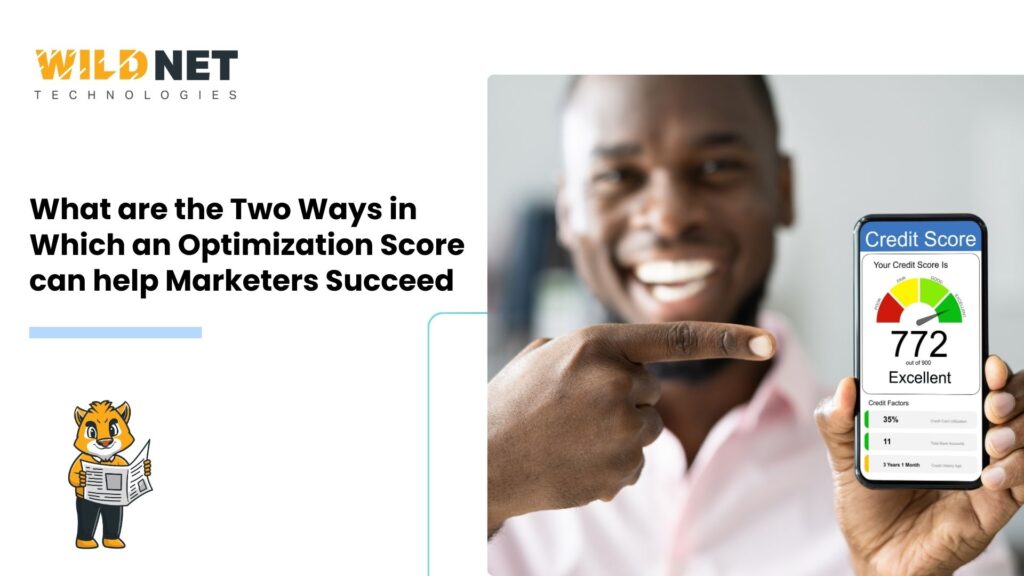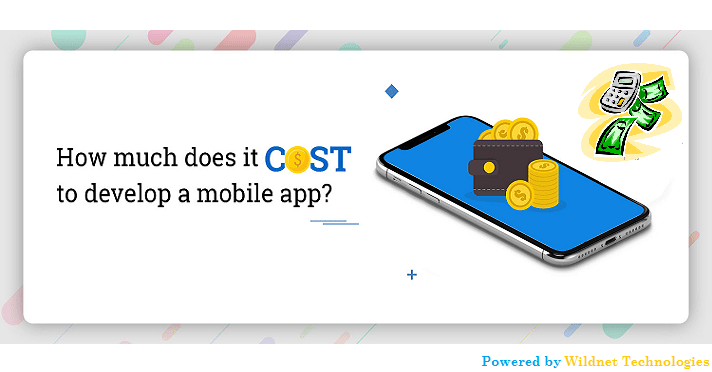As a marketer navigating the ever-evolving digital landscape, I always seek tools to streamline my efforts and boost campaign performance. One tool that’s caught my attention recently is the optimization score, especially in platforms like Google Ads. If you’re like me—juggling multiple campaigns, analyzing data, and trying to maximize ROI—you’ve probably wondered: What are two ways optimization score can help marketers succeed? Let me share my experience and break it down for you in a relatable, practical, and actionable way.
What Is an Optimization Score, Anyway?
Before diving into the how, let’s get on the same page about the what. An optimization score is like a report card for your marketing campaigns. In Google Ads, for instance, it’s a percentage (0-100%) that reflects how well your account or campaign is set up to perform. Think of it as a friendly nudge from the platform, pointing out where you’re doing great and where there’s room to improve. It’s calculated based on factors like ad settings, keywords, targeting, and more, and it comes with tailored recommendations to boost your score.
As a marketer, I don’t just want a number—I want to know how it translates into real-world success. After using it, I’ve found two standout ways the optimization score can make a difference: prioritizing campaign improvements and speeding up enhancements. Let’s explore these in detail.
1. It Helps You Prioritize Campaign Improvements Like a Pro
One of my biggest challenges is figuring out where to focus my energy. With multiple campaigns running simultaneously—some driving leads, others boosting brand awareness—it’s easy to feel overwhelmed. That’s where the optimization score steps in as my assistant.
Imagine this: I log into Google Ads, and my optimization score tells me one campaign is sitting at 60% while another is at 85%. Right away, I knew the 60% campaign needed my attention first. The score doesn’t just stop there—it breaks down why. Maybe it’s suggesting I refine my keyword targeting or adjust my bids. For example, I noticed a low score on a campaign promoting a seasonal product last month. The recommendation? Add more specific, high-intent keywords. I made the tweak, and clicks and conversions spiked within a week.
This ability to pinpoint which campaigns need TLC is a game-changer. Instead of guessing or spreading myself thin across every campaign, I can zero in on the ones with the most potential for improvement. It’s like having a roadmap that says, “Fix this first, and you’ll see the biggest impact.” For busy marketers like us, that clarity is gold—it saves time, reduces stress, and ensures our efforts align with results.
2. It Speeds Up the Implementation of Enhancements
Let’s be honest: optimizing campaigns can feel like a slog sometimes. Testing new ad copy, tweaking settings, and analyzing performance takes time. But here’s where the optimization score shines again: it accelerates the improvement process.
How? It doesn’t just tell you what’s wrong—it hands you actionable suggestions on a silver platter. For instance, I was recently working on a display campaign with a decent but not stellar score of 75%. The optimization recommendations suggested enabling responsive ads and adding negative keywords to filter out irrelevant traffic. Normally, I’d spend hours researching and testing these changes myself. But with the score’s guidance, I clicked “Apply,” and boom—done in minutes.
The speed factor here is enormous. These quick wins can lead to immediate lifts in performance. After applying those suggestions, my campaign’s click-through rate jumped by 15% in just a few days. It’s like having a co-pilot who spots opportunities and helps you act quickly. For marketers under pressure to deliver results (aka all of us), this efficiency can mean the difference between a good campaign and a great one.
Why Does This Matter to Me as a Marketer?
Success isn’t just about working harder—it’s about working smarter. The optimization score gives me a way to do that. Helping me prioritize my efforts and speed up improvements takes the guesswork out of campaign management. I’m not wasting time on low-impact tweaks or missing out on significant opportunities—it’s all laid out for me.
Plus, in a world with tight budgets and high expectations, these benefits translate into tangible outcomes: better ROI, happier clients or bosses, and more time to focus on strategy rather than firefighting. Whether you’re a small business owner wearing multiple hats or part of a larger marketing team, this tool can level up your game.
A Few Tips From My Experience
If you’re new to using optimization scores—or even if you’ve dabbled but want to get more out of it—here’s what I’ve learned:
- Don’t Chase 100% Blindly: A perfect score is nice, but not every recommendation fits your goals. For example, I’ve dismissed suggestions to increase budgets when I knew my client couldn’t stretch further. Focus on what aligns with your strategy.
- Check It Regularly: Scores update as your campaigns evolve, so I make it a habit to glance at mine weekly. It keeps me proactive rather than reactive.
- Test and Learn: Apply a recommendation, track the results, and adjust. It’s not a one-size-fits-all solution but a fantastic starting point.
Wrapping It Up
So, what are two ways optimization scores can help marketers succeed? For me, it’s all about prioritizing the right campaigns for improvement and speeding up the enhancement process. It’s like having a built-in coach that guides you to the most significant wins without endless trial and error. If you haven’t leaned into your optimization score yet, give it a shot—I bet you’ll find it as helpful as I do. What’s your experience with it? Let me know—I’m always up for swapping tips!
Wildnet Technologies is one of the leading digital marketing companies in India that caters to its AI-infused PPC services.
Our PPC services have helped 4100+ clients generate an ROAS, or Return on Ad Spend, of 4X on a Media spend of more than USD 43 million.
FAQ Section
Q: What is an optimization score?
A: A metric (0-100%) that shows how well your marketing campaign or account is set up to perform, often used in tools like Google Ads, with recommendations to improve it.
Q: How does optimization score help prioritize campaigns?
A: It highlights which campaigns have the lowest scores or most considerable improvement potential, so you know where to focus your efforts first.
Q: Can optimization score save time?
A: Yes! It provides ready-to-apply suggestions, cutting down the time you’d spend researching and testing changes manually.
Q: Should I always aim for a 100% optimization score?
A: Not necessarily. Focus on recommendations that match your goals—sometimes, a lower score is satisfactory if the suggestions don’t fit your strategy.
Q: How often should I check my optimization score?
A: I recommend weekly checks to stay on top of changes and opportunities as your campaigns evolve.
Read More
Google Ads’ GTM Container is changing from April 10: Are You Ready?
Google Ads Parked Domain Placements Now Default: What You Need to Know
What Are Auction Insights In Google Ads?
Discover the Power of Headline Optimization for Google Ads
Maximize Conversions on a Budget with Google Ads
Google Ads Editor: Your Ultimate Campaign Management Tool

Lorem Ipsum is simply dummy text of the printing and typesetting industry. Lorem Ipsum has been the industry’s standard dummy text ever since the 1500s, when an unknown printer took a galley of type and scrambled it to make a type specimen book. It has survived not only five centuries, but also the leap into electronic typesetting, remaining essentially unchanged. It was popularised in the 1960s with the release of Letraset sheets containing Lorem Ipsum passages, and more recently with desktop publishing software like Aldus PageMaker including versions of Lorem Ipsum.






